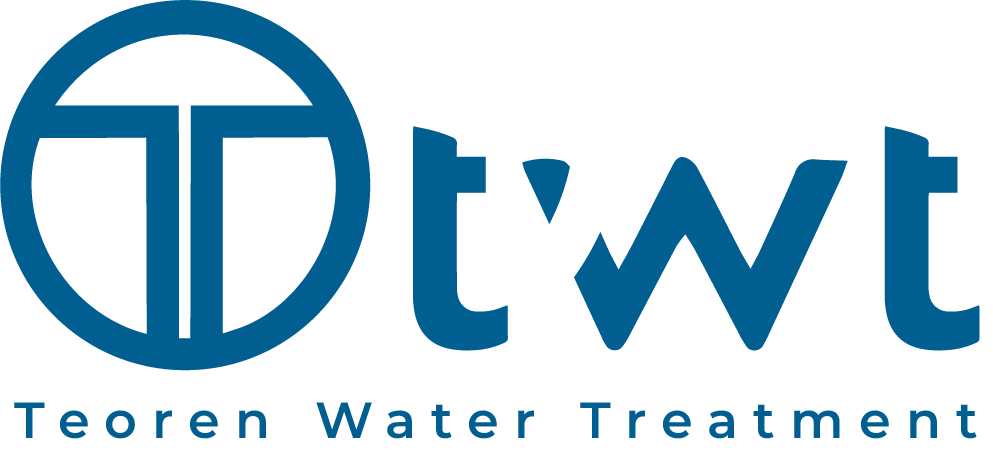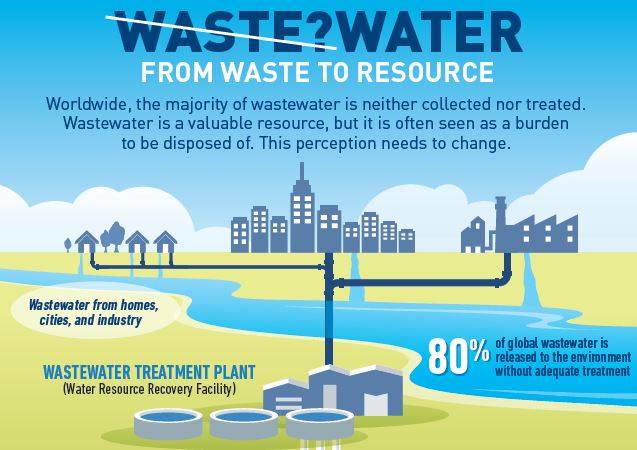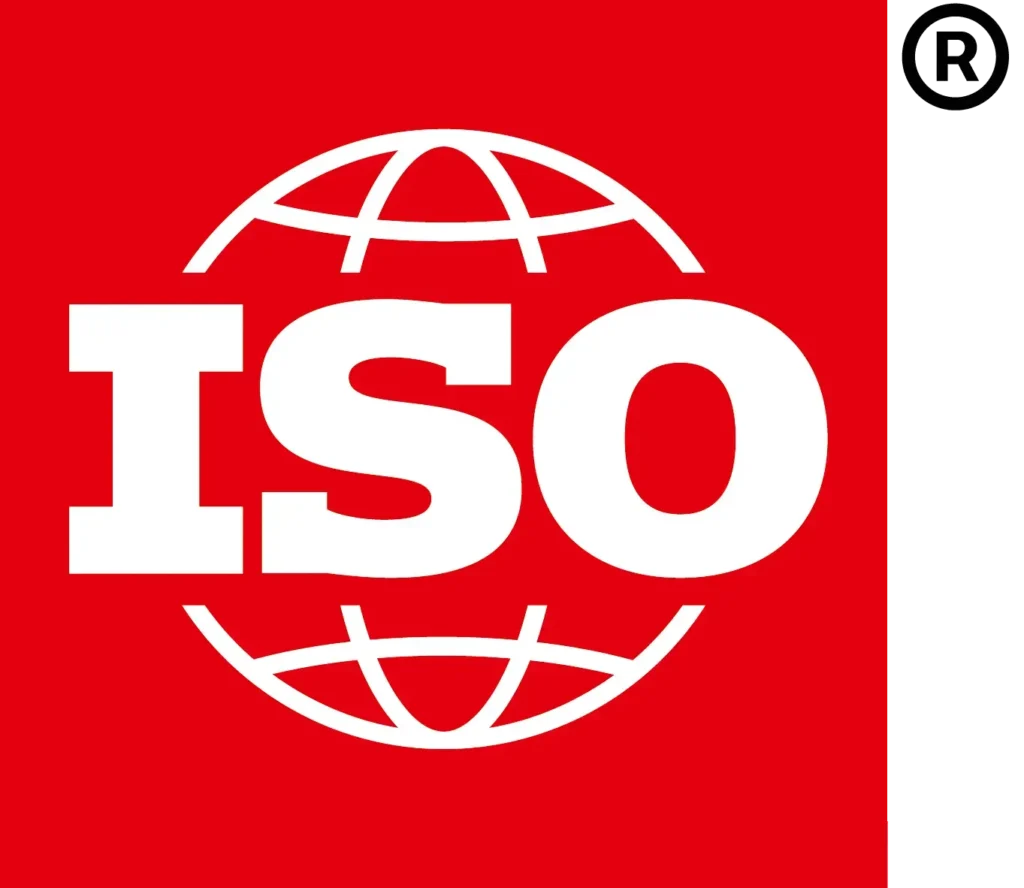Water, a Precious Resource: TWT and Responsible Conservation
Water, vital for life and a crucial element for our future, stands as an indelible icon for TWT. Through study, dedication, research, and innovation, the company commits to the conservation and saving of this precious resource.
The production of polyethylene (PE) artifacts using rotational molding, strict adherence to national and international environmental regulations, the sought-after construction geometry, and the use of high-quality components ensure an effective and economical response through water purification, treatment, and recovery systems.
The technical-commercial staff, young, dynamic, and enterprising, ensures swift and professional service for design solutions, installation, product selection, and timely delivery.
The publication of the European Water Charter, the adoption of the slogan “save your blue gold,” and the continuous improvement advice from the community are sources of gratification for TWT. These encouragements drive the company to pursue the goal of perfection and seek solutions with greater responsibility that contribute to the common good.
European Water Charter: A Commitment to Life and the Environment
Adopted by the Council of Europe on May 6, 1968, in Strasbourg, the European Water Charter underscores the vital importance of water for all human activities. These are the key principles of the Charter:
- Scarcity of Water Resources: Freshwater resources are not limitless and must be preserved, controlled, and if possible, increased. Demographic explosions and the growing needs of agriculture and industry place an ever-increasing demand on water resources.
- Water Quality: Altering water quality harms human life and other living beings dependent on it. Water, in nature, is a vital medium hosting beneficial organisms that contribute to maintaining its quality.
- Conservation of Water Resources: The conservation of a suitable vegetation cover, preferably forested, is essential for preserving water resources.
- International Cooperation: Water management should be framed within the natural balance rather than administrative and political boundaries. Water knows no borders; it is a common resource that requires international cooperation.






